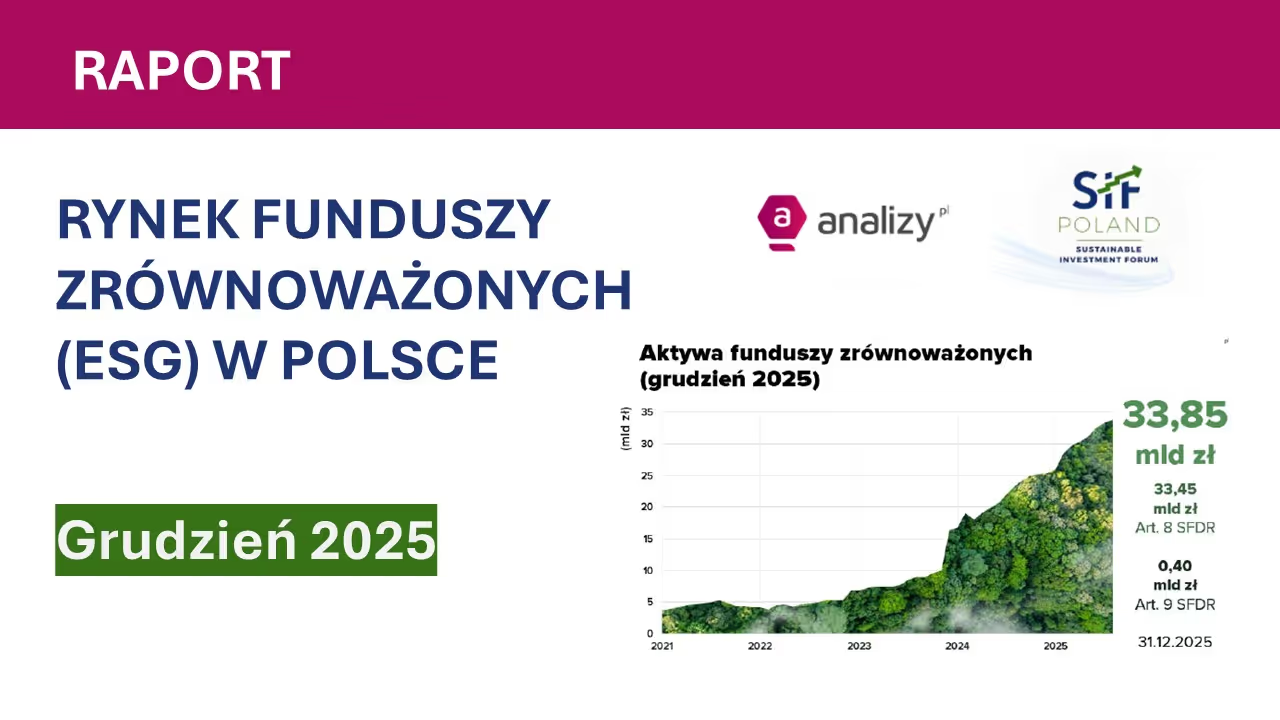Knowledge __________
Definitions
ESG is an acronym for English words Ambient (from the English Environment), Sociale (from the English Society) and Gobierno (from the English Corporate Governance).
This term refers to the three main areas of activity of companies, organisations and investors within which they should be guided by the principles of sustainable development and responsible business practices respecting the broad interests of individual stakeholders. In practice, this means that companies and organisations that implement ESG requirements take into account, measure and report on the environmental, social and governance aspects of their business. Similarly, ESG investors consider the environmental, social, and managerial aspects of a company alongside their financial attributes when deciding whether (and how) to invest in them. The analysis of the value generated by the company or investment requires an integrated accounting of financial results and in the scope of ESG.
ESG is a kind of continuation of corporate social responsibility (CSR). The acronym ESG has gained popularity due to numerous sustainability regulations (including at EU level), which use the term to describe measurable requirements and parameters and to take an analytical approach to this broad field.
The abbreviation ESG is used in the context of describing requirements/factors/indicators or evaluation criteria for an entity's commitment and performance in sustainable development activities. Hence, the concept of ESG Risk analysis or ESG Ratings is gaining popularity.
The foundations of ESG include the 17 UN 2030 Sustainable Development Goals, the UN Global Compact initiative, the UN Guidelines on Business and Human Rights and the OECD Guidelines for Multinational Enterprises. As the acronym ESG itself indicates, it can be divided into three main areas: the environment, society and corporate governance.
Sustainable Finance (from English) Sostenible Finance) refer to the process of considering environmental, social and governance (ESG) aspects when making investment decisions in the financial sector, leading to more long-term investments in sustainable economic activities and projects.
Environmental considerations may include climate change mitigation and adaptation, as well as the environment more broadly, for example, biodiversity conservation, pollution prevention and a circular economy. Social considerations can relate to issues of inequality, social inclusion, labour relations, investment in people and their skills and communities, as well as issues of human rights. The management of public and private institutions — including governance structures, labour relations and executive compensation — plays an essential role in ensuring that social and environmental aspects are taken into account in the decision-making process.
Newest __________

.webp)





